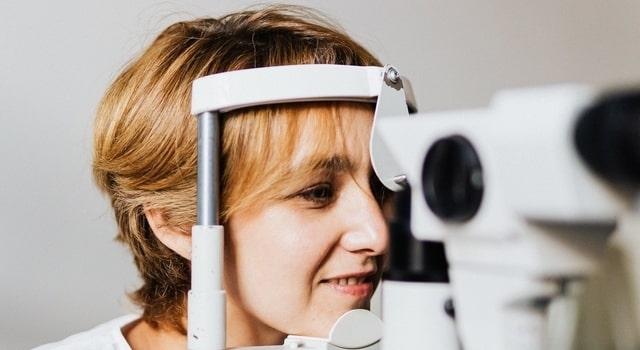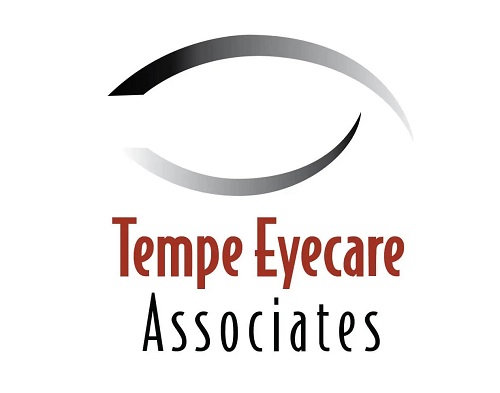
Eye health is essential to overall well-being. Yet, many people may not fully understand the differences between comprehensive eye exams and basic vision screenings. This knowledge is crucial for maintaining optimal eye health. It also empowers you to make informed decisions about your eye care.
In this blog, we’ll explore what sets these procedures apart. We will also explain why comprehensive eye exams are essential for everyone.
What is a Vision Screening Test?
A vision screening is a basic test designed to identify potential vision problems. School nurses, pediatricians, or health fairs often conduct these screenings. They typically involve reading an eye exam chart to assess visual acuity.
Vision screenings can quickly detect obvious issues like nearsightedness, farsightedness, or problems with depth perception. However, the scope is limited and may not uncover more severe eye conditions.
While basic vision testing is a valuable tool for spotting basic problems, such as issues with distance vision, it's important to be aware of their limitations. They do not comprehensively evaluate your eye health or diagnose various eye conditions that could threaten your vision. This is where comprehensive eye exams come into play with thorough and detailed assessments.
What is a Comprehensive Eye Exam?
A comprehensive eye examination is an in-depth evaluation performed by an optometrist or ophthalmologist. Unlike vision screenings, comprehensive exams assess both your visual acuity and the health of your eyes. These exams include several tests and procedures to provide a thorough understanding of your eye health:
- Visual Acuity Test: Using an eye exam chart, this test measures the sharpness of your vision at various distances
- Refraction Test: Determines your exact eyeglass prescription
- Eye Muscle Function Test: Assesses the muscles that control eye movement
- Pupil Response Test: Evaluates how your pupils respond to light
- Slit-Lamp Examination: Uses a special microscope to examine the structures of your eye
- Retinal Examination: This is also known as ophthalmoscopy or funduscopy. This test checks the back of your eye, including the retina, optic disk, and underlying blood vessels
- Glaucoma Test: Measures the intraocular eye pressure inside your eyes to detect glaucoma. This severe condition can lead to blindness
These tests can detect eye conditions such as glaucoma, cataracts, macular degeneration, diabetic retinopathy, and more. Comprehensive eye exams can also reveal signs of other health problems, like high blood pressure and diabetes, affecting your eyes.
Why Comprehensive Eye Exams Are Essential
Regular comprehensive eye exams are vital for maintaining good vision and overall health. Here’s why:
- Early Detection of Eye Diseases: Many eye diseases have no early symptoms; we can only detect them through a comprehensive eye exam. Early detection can prevent significant vision loss.
- Monitoring Eye Health: Regular exams allow your eye doctor to monitor changes in your eye health over time. This ensures they address any new issues promptly.
- Updating Prescriptions: If you wear glasses or contact lenses, your prescription must be up-to-date to provide the best vision correction.
- Overall Health: Eye exams can reveal systemic health issues that need medical attention.
Upgrade Your Eye Care with a Comprehensive Exam
While vision screenings are a helpful first step, they cannot replace the thorough evaluation provided by a comprehensive eye exam. If you've only had basic vision screenings, it's time to take the critical next step in maintaining your eye health. Request a comprehensive eye exam. Don't wait; take action now to achieve clearer and healthier vision for the future.
For more information on our comprehensive eye exams in the Tempe area or to book your appointment with our eye care professionals, visit our Eye Exams page. You can also learn more about the insurance plans we accept here.
